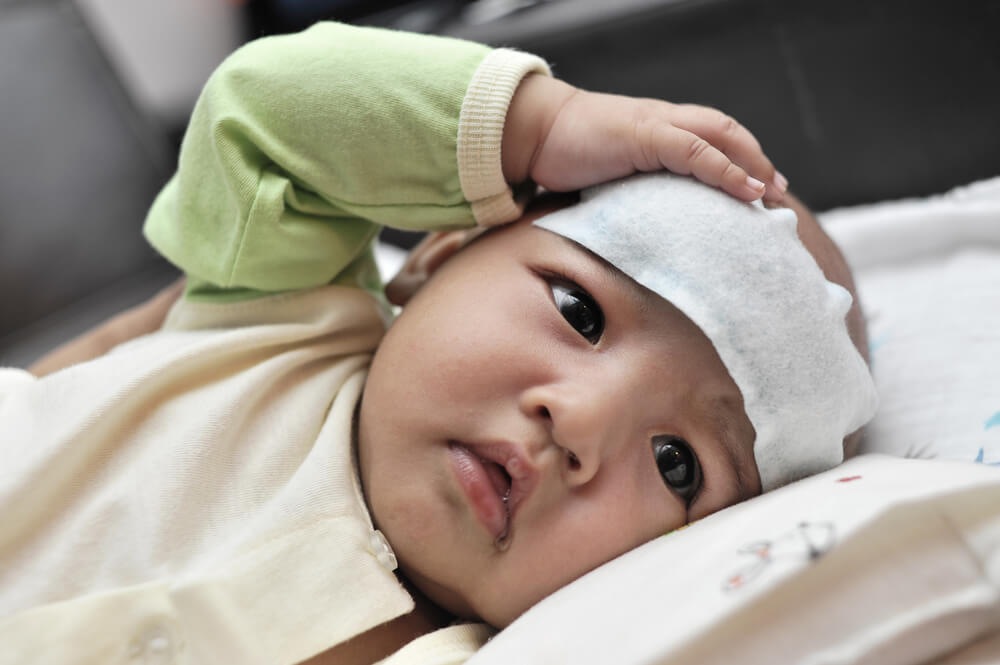Group B Strep Infection
Doctors estimate that one in every four women will have an infection known as Group B Strep Infection. Typically, a doctor performs a test to evaluate for this on pregnant women at 37 weeks gestation (pregnant). However, in some cases, they fail to do so. A positive Group B Step test requires antibiotics to be given to the mother. Lack of testing or improper antibiotic treatment can result in the bacteria getting passed onto your child and cause symptoms such as a fever. If this happened to your child, you may be able to file a lawsuit to get the compensation you deserve. A fever is often a response to an infection within the body. It is important to keep a close eye on it because it can lead to serious health conditions.
Not Using Medication Correctly
Let’s say that you were given medication from the medical staff, but they accidentally over-administered the drug. This can cause your baby’s body to react in a way that results in a fever. In some cases, if it causes permanent harm to your child, you could be entitled to compensation.
Beware of Medication Side Effects
You may have a child with cerebral palsy. If this is the case, it is important to watch his or her diet closely. You will likely also have to give them medications as a way of treating some of the symptoms that can arise. This could, however, cause a chemical reaction where certain side effects can occur – like a fever. In some cases, you have to learn more about the medicine and inspect it closely because this could be one of the side effects of taking it. It may not mean that your child has a different birth disorder.
While not necessarily a serious condition, it is crucial to monitor your child closely to ensure that he or she remains healthy if they experience a fever. This can easily turn into other, more serious conditions. A fever could also indicate that your child has underlying issues that need to be addressed. On average, your child’s normal temperature should range anywhere from 97 degrees Fahrenheit up to 99 degrees Fahrenheit, but you should keep a close eye on them if the temperature is at the higher end. Typically, doctors will say that a temperature of 100.4 Fahrenheit indicates that a child has a fever. Fevers can cause your child to be dehydrated, so you also want to make sure that your child is eating and drinking plenty.

